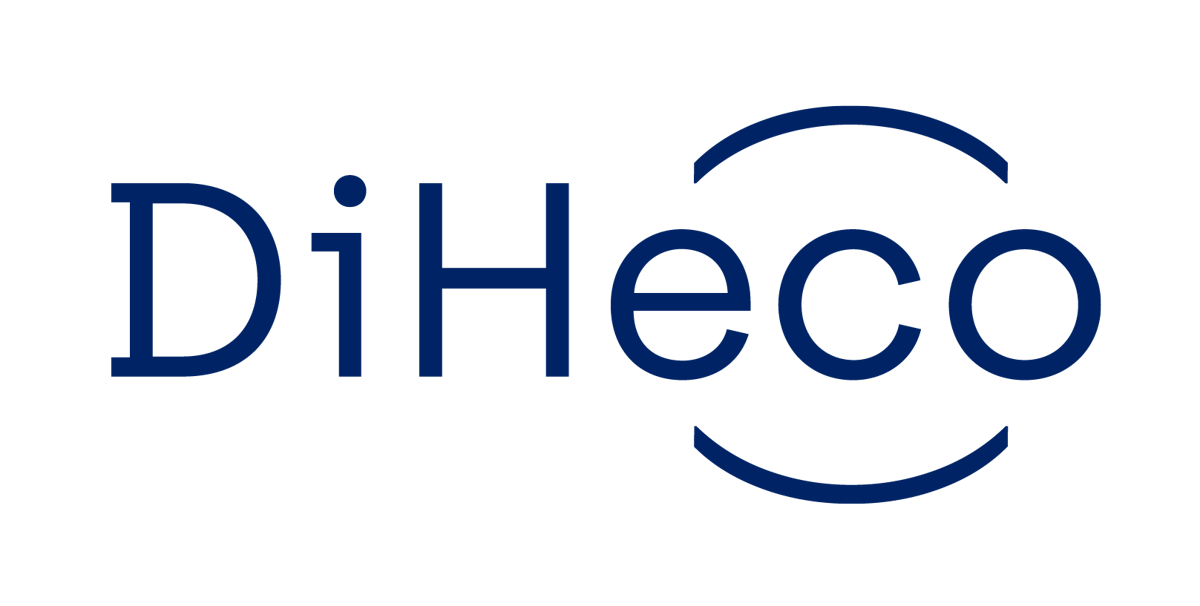Digital healthcare technologies aim to improve the quality of life and enhance the healthcare process and healthcare socio-economical outputs. Digital healthcare is a broad concept encompassing e-health, m-health, telehealth, telemedicine, remote patient management and other phenomena. Digital healthcare is supported by different digital technologies such as artificial intelligence (AI), virtual and augmented reality (VAR), block-chain, 5G, big, thick, deep and long data analytics and other technologies. According to Duggal et al. (2018), in 2017, the digital healthcare industry was worth $25bn globally.
The digitalisation of healthcare has obliterated different boundaries including geographical and organisational. It has enabled accessibility, affordability, and transparency, but also increased uncertainty, speed, complexity, and dynamics. Therefore, digitalization bestowed extra burden on opportunity selection, resource orchestration, constant attention towards changes in the market and managing high risks related to short product and service cycles and dynamics of the resources.
For the healthcare sector, digitalization came as an additional competence area with a need of extra investments on the top of the already complex domain of medicine. There is a growing body of knowledge on digital healthcare business model innovations as well as the application of different types of technology in healthcare. However, the absorption of digital technology in healthcare is still low and slow, especially what concerns evidence and value-based healthcare.
Thus, there is an urgent need to advance research and innovations on the application of multi-sided platforms (MSP) in digital health care, to utilize digital technologies for the sake of the value-based, learning Healthcare sector.
The DiHECO PhD Colloquium offers a unique opportunity for doctoral students to present their research and receive constructive feedback on their research projects and guidance on how to develop it further.
Under the topic of digital transformation of healthcare and stakeholder value creation, the submitted research might cover but is not limited to provided topics:
- Digital healthcare start-up business models
- Role of universities in healthcare platform start-ups
- Digital healthcare technology challenges and keys to success
- New and sustainable models of health data governance
- Importance of Big Data, artificial intelligence and blockchain technologies in healthcare
- The effect of digital technology on healthcare start-up scaling and sustainable growth
- The role of networks and different collaborative behaviours in digital healthcare
- Multi-sided value creation by and for different stakeholders using digital healthcare platforms
- Digital healthcare platforms value co-creation strategies
- Digital healthcare stakeholder challenges
Doctoral students are invited to submit abstracts describing their current research projects which are related to digital transformation of healthcare and stakeholder value creation. Doctoral students should be in the dissertation stage of their programs and have a clear idea for their dissertation research. We expect that students at this stage of the study will gain the most value from feedback on their work.
The number of participants is limited to emphasize on quality and diversity of distinct research topics.
The submissions will be selected based on the double-blind review process.
We are looking forward to your submissions and an inspiring colloquium!
Have any questions?
General questions about Colloquium should be directed to lukas.geryba@ktu.lt with a reference “DiHECO PhD Colloquium 2022”
